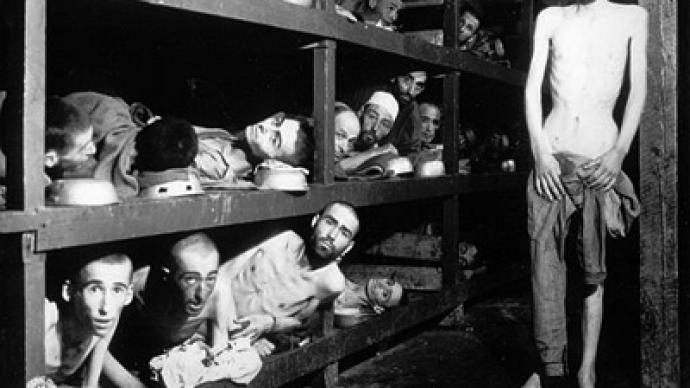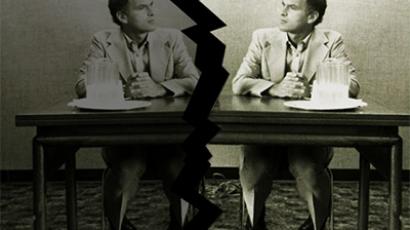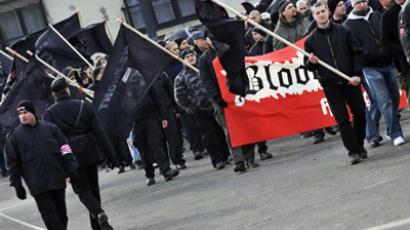Questions remain as world marks Holocaust day

January 27th is international Holocaust Remembrance Day. It marks the day in 1945 when the Auschwitz-Birkenau concentration camp was liberated.
It is estimated that one million Jews and more than 100,000 non-Jews were murdered there. Even today, some questions remain unanswered over what exactly took place in the Nazi death camp.Jan Gross, professor of history at Princeton University, has spent many years investigating and writing about the Holocaust and Poland’s role in the running of the camps.Concentration camps – he told RT – were a Nazi-run enterprise, but ordinary people in many occupied countries, including Poland, played their part:“They were established in Poland because there were so many Jews living in Poland at the time. This was the largest Jewish population in the world, essentially. What happened, however, all over occupied Europe… is that the local population, as Jews were being persecuted, got drawn into the process of persecution and benefited materially from it.”“Slowly, they [locals] were drawn into assisting in various ways in the process of rounding up and, occasionally, unfortunately, also in direct assaults and even killings, especially in the East,” Gross said. “Some count even 200,000 or 300,000 members in the police units that were assisting the Germans – in Ukraine, in Belarus and territories occupied over there, as well as in Poland, too.”In his book, Professor Gross describes a massacre in a small Polish village where the Jewish community was completely wiped out. He claims that the murders were perpetrated by Poles and not by the German occupiers. According to Jan Gross, this happened as a consequence of a directive by the Nazi police chief, Heinrich Himmler, who ordered an invitation be given to the local population to become active in the killings of Jews.“Unfortunately, there was quite a response at that time,” Gross said. “In this little town, it was the Polish population of that town which turned against their Jewish neighbors with whom they lived all their lives… The numbers [of those killed] are in dispute, but they range from several hundred to 1500 people.”Nowadays – Jan Gross noted – the Jewish community in modern Poland is relatively small, but thriving. Today’s anti-Semitism is more of a residue that does not prevail in relations between ordinary Poles and the Jewish minority, he pointed out.














